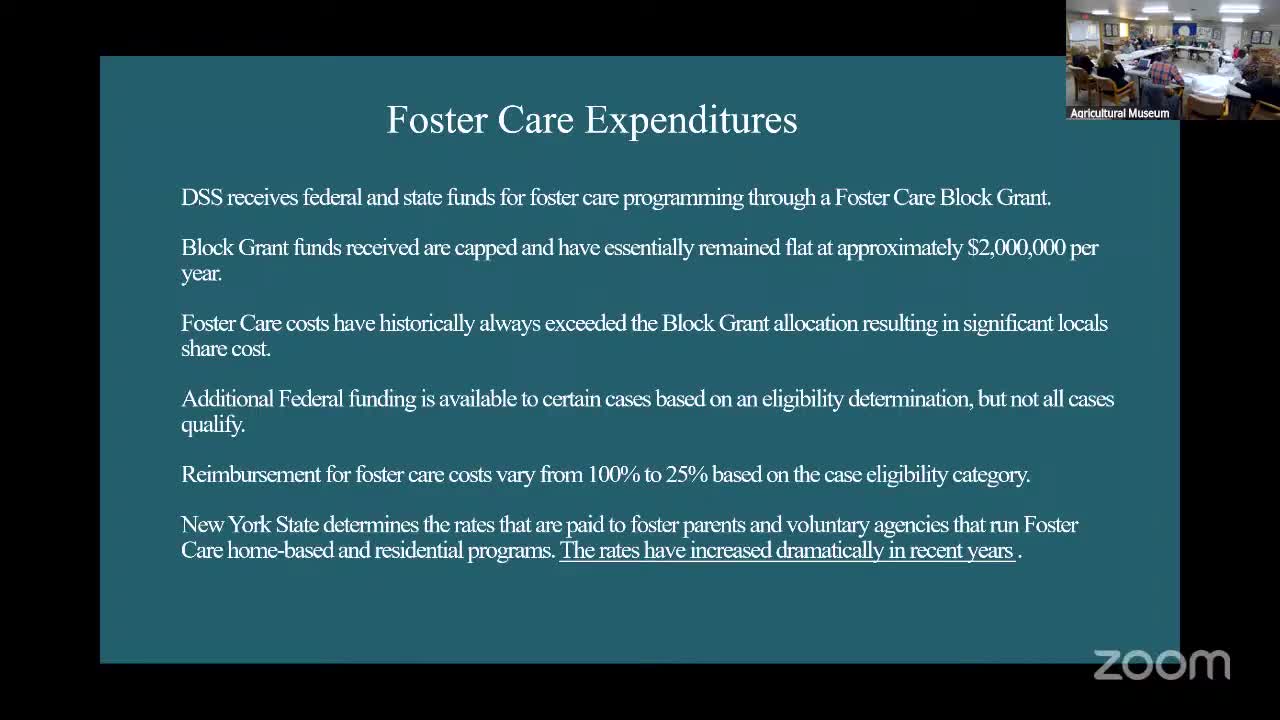Mental‑health clinic outlines revenues, jail psychiatry role and mobile‑crisis expansion
Get AI-powered insights, summaries, and transcripts
Subscribe
Summary
Clinic leaders told the Legislature their community mental‑health center covers jail psychiatry, operates a walk‑in clinic with low wait times, and will continue a daytime mobile‑crisis team funded in part by OMH state aid after initial grant funding ended.
Clinic leadership updated the Legislature on the community mental‑health center’s services, revenue sources and near‑term budget impacts, emphasizing the clinic’s role in jail psychiatric care, mobile crisis response and the financial tradeoffs of operating a community clinic.
The clinic reported open-access scheduling and short waits for prescriber appointments — a service they said is uncommon locally — and about 2,000 active clients on the caseload at any given time. Staff said they provide daytime mobile crisis visits and operate two satellite clinic locations with a third pending school agreement. The daytime mobile‑crisis team, initially funded with ARPA and a one‑year grant, will continue with state OMH support, staff said, but billing does not fully cover program costs.
Clinic leaders also explained that the county’s mental‑health budget line includes some expenses not covered by revenue — for example, mandated jail psychiatric evaluations and certain “7.30” involuntary psychiatric hospitalization costs — and noted that if the county’s clinic were not available, the county would still incur those mandated expenditures in other forms through jail and court-related obligations. The presentation included a proposed reduction in administrative headcount offset by increased efficiency and an EMR (electronic medical record) contract that consolidates telemedicine and billing functions.
Ending: The clinic asked the Legislature to note that county-run clinical services generate substantial third-party revenue and provide mandated and diversion services for the jail and courts; officials said they will continue to pursue grant and state-aid opportunities and other revenue streams to help offset local costs.
